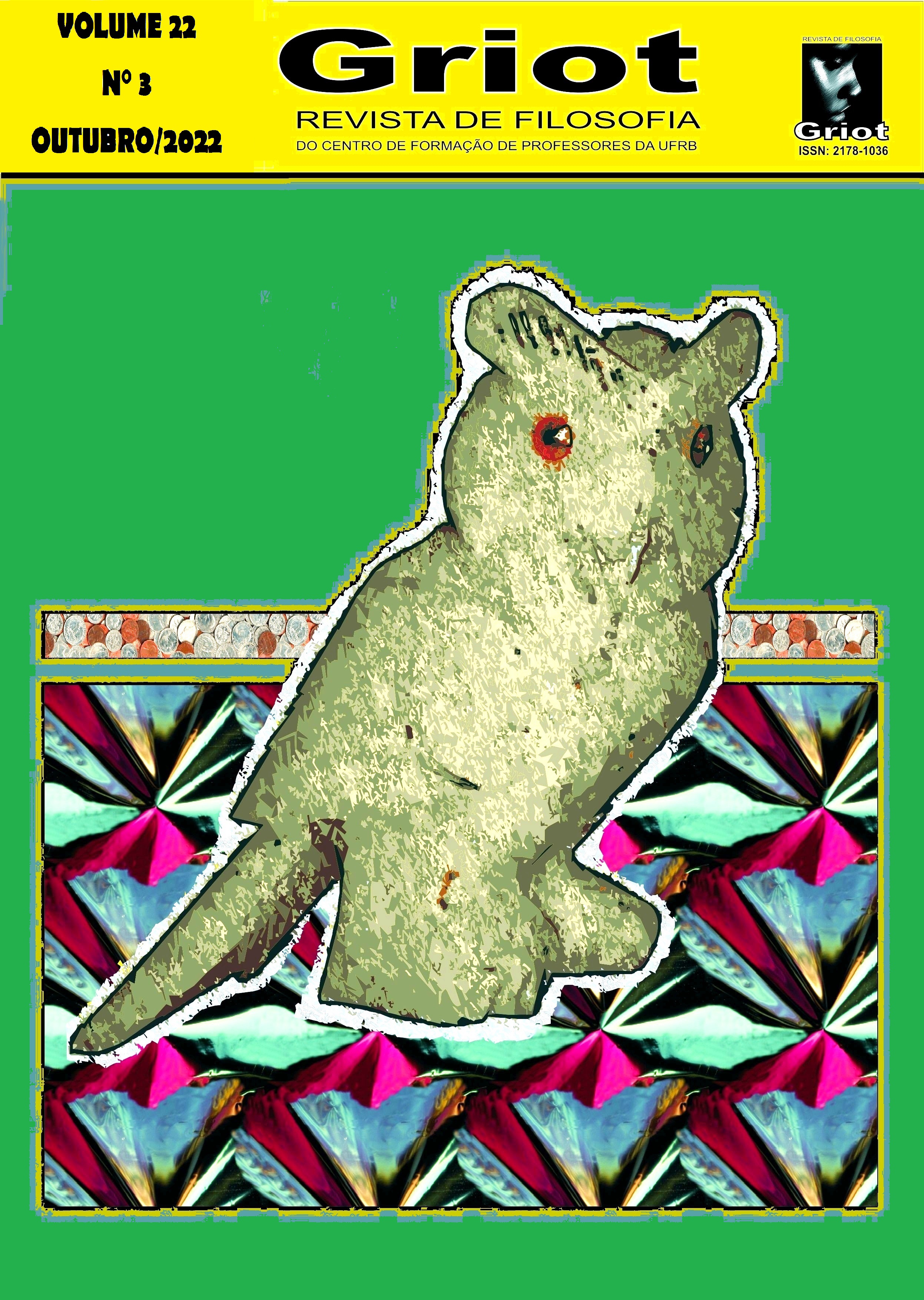G. A. Cohen's criticism of Rawls thought: ethos and incentives
DOI:
https://doi.org/10.31977/grirfi.v22i3.3013Abstract
In this paper will investigate the criticisms presented by Gerald Allan Cohen of the difference principle asserted by the American philosopher John Rawls. Cohen claims that the difference principle allows for exorbitant inequalities and that these inequalities would undermine the ethos of solidarity assumed by Rawls. Against Cohen's criticisms, it will be emphasized the fact that the principles of justice as fairness must be read together (holistic reading), and therefore the inequalities allowed by the difference principle are much smaller than Cohen believed, since equal liberty, fair equality of opportunity, and the fair value of the equal political liberties must also be ensured. Thus, to ensure that the principles work together, it will be argued that the scope of the principle is much narrower than Cohen thought. It is emphasized that in Rawlsian thought there is no need for constant economic growth, and the principle of difference should not be seen as a market principle, on which its objective is not to be a mere principle of reparation, but a principle that affirms reciprocity between fellow citizens of a democratic society.
Downloads
References
ANDERSON, Elizabeth. The fundamental disagreement between luck egalitarians and relation egalitarian. In: Canadian Journal of Philosophy, supplementary volume, Vol. 36, 2010, pp. 1 – 23. DOI: https://doi.org/10.1080/00455091.2010.10717652.
BERCUSON, J. John Rawls and the history of political thought: the Rousseauvian and
Hegelian heritage of justice as fairness. New York: Routledge, 2014.
COHEN, Gerald Alan. Rescuing justice and equality. Cambridge and London: Harvard University Press, 2008.
DANIELS, N. Democratic Equality: Rawls’s Complex Egalitarianism. In: FREEMAN, S. (ed.). The Cambridge Companion to Rawls. Cambridge: Cambridge University Press, 2003, pp. 241-276.
FREEMAN, S. Justice and the Social Contract. Oxford: Oxford University Press (OUP), 2007a.
FREEMAN, S. Rawls. Abingdon and New York: Routledge, 2007b.
FREEMAN, S. The Basic Structure of Society as the Primary Subject of Justice. In: MANDLE, J.; REIDY, D. A. (eds.). A Companion to Rawls. Malden: Wiley Blackwell, 2014, pp. 88-111.
MAFFETTONE, S. Rawls: an introduction. Cambridge: Polity Press, 2010.
RAWLS, J. A Theory of Justice. Revised edition. Cambridge: Belknap press of Harvard University Press, 1999 [1971].
RAWLS, J. Justice as Fairness. A Restatement. Erin Kelly (ed.). Cambridge and London: Belknap press of Harvard University Press, 2001.
RAWLS, J. Justice as Reciprocity. In: RAWLS, J. Collected Papers. Samuel Freeman (org.). Cambridge and London: Havard University Press, 1999b [1971].
RAWLS, J. Political Liberalism. New York: Columbia University Press, 1996 [1993].
THOMAS, A. Cohen’s Critique of Rawls: A Double Counting Objection. In: Mind, vol. 120, no. 480, Oxford University Press, 2011, pp. 1099–1141,.
THOMAS, A. Property-Owning Democracy, Liberal Republicanism, and the Idea of an Egalitarian Ethos. In: O’NEILL, M.; WILLIAMSON, T. Property-Owning Democracy: Rawls and Beyond. Malden: Wiley Blackwell, 2012, pp. 101-128.
THOMAS, A. Republic of Equals: Predistribution and Property-Owning Democracy. Oxford: Oxford University Press, 2016.
VAN PARIJS, P. Rawlsians, Christians and Patriots: Maximin justice and individual ethics. In: European Journal of Philosophy, 1 (3), 1993, pp. 309-342.
VITA, Á. Liberalismo, justiça social e responsabilidade individual. In: Dados, 54 (4), 2011.
VITA, Á. O liberalismo igualitário: sociedade democrática e justiça internacional. São Paulo: WMF Martins Fontes, 2008.
Downloads
Published
How to Cite
Issue
Section
License
Copyright (c) 2022 JULIO TOME

This work is licensed under a Creative Commons Attribution 4.0 International License.
The authors who publish in Griot: Revista de Filosofia maintain the copyright and grant the magazine the right of first publication, with the work simultaneously licensed under the Creative Commons Attribution 4.0 International License, allowing sharing and adaptation, even for commercial purposes, with due recognition of authorship and initial publication in this journal. Read more...









































































